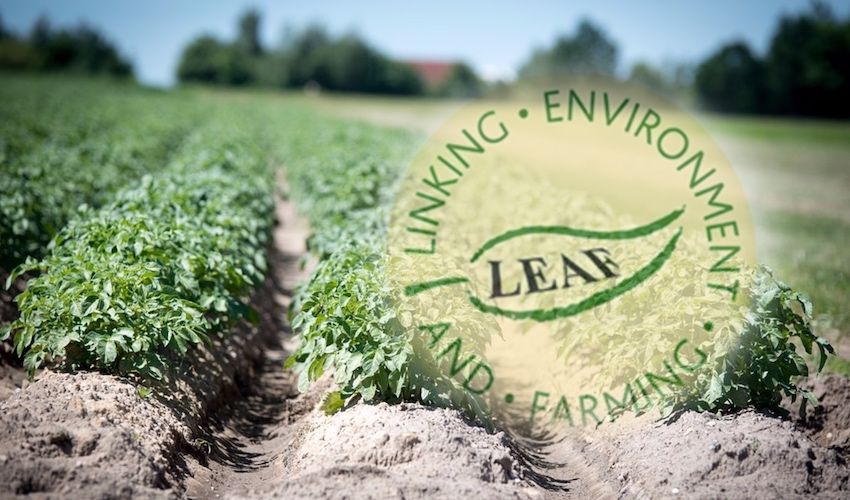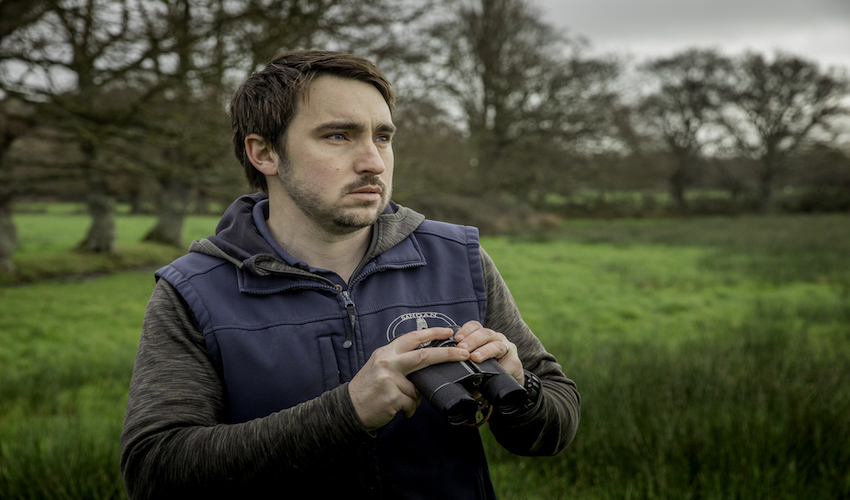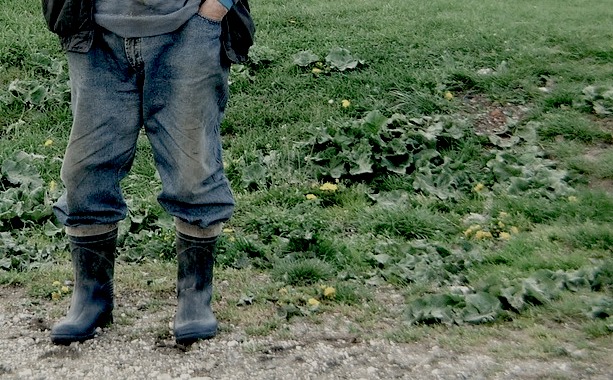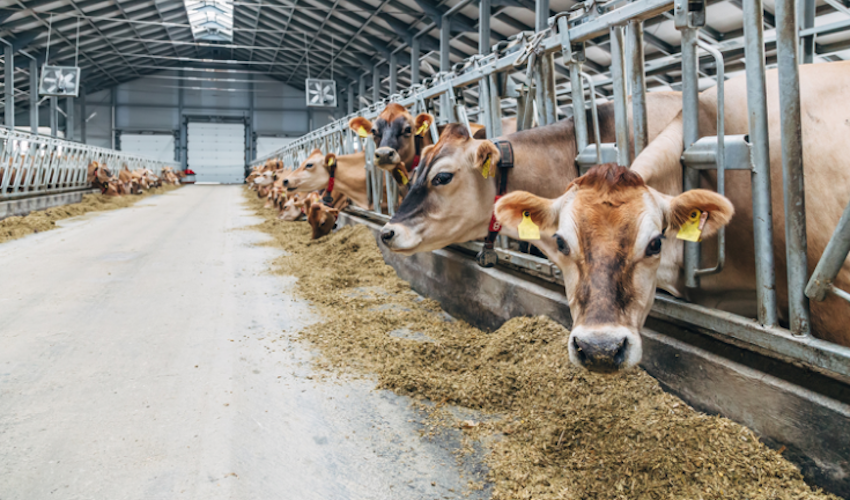


As Jersey aims to establish itself as a leading hub of green activity, there's a very important role farms will have to play.
Jersey is hoping to gain the status of Linking Environment and Farming (LEAF) Marque island, with all produce on the island achieving the environmental sustainability accreditation.
Beyond mere prestige for farms keen to export their goods, local ecologist Piers Sangan explains what this accreditation will also mean for biodiversity and the wider environment...
"Many of you will have recently read articles, seen news pieces and social media about Jersey farming and LEAF farming... but what is LEAF?
Linking Environment and Farming (LEAF) is an environmental standard that our local farms are now working towards and achieving.

Pictured: Piers Sangan is the Director of Sangan Island Conservation Ltd.
LEAF does exactly what it says on the tin. It is a standard focused on driving, improving and acknowledging the environmental credentials of farms. This is all focused around their Integrated Farm Management (IFM) approach which includes nine focal areas which all overlap including water, soil, energy, landscape and nature conservation and community engagement.
LEAF is not bespoke to Jersey; it is a standard with global reach in 34 different countries across the world with over 1,032 business currently signed up and increasing.
Jersey is unique in terms that it aims to become the first LEAF marque island, where all the produces on the island will have achieved the LEAF marque accreditation (yes, we are well ahead of Guernsey).

Pictured: "Farming is an industry that has had to constantly evolve to the demands of production and consumers," Mr Sangan said.
In Jersey, agriculture accounts for roughly 56% of the island’s land use and has done for the last 2000 years, making agricultural land one of the most consistent habitat types that we have. We can see this in the wildlife that is associated with farms as we cluster these species as farmland birds and farmland flora.
Farming is an industry that has had to constantly evolve to the demands of production and consumers. Now the demand has changed again and that is for farms to prove that they are helping to protect the environment and to improve the biodiversity of the landscape. For our local farms, the introduction of the LEAF standard is acting as the vehicle to drive and promote this change.
Farms are not the desolate wildlife wastelands that the media often portrays. Our island’s fields are small with a variety of boundary features that help to support many different species.

Pictured: "The Jersey Dairy farms alone have over 2,500 species of flora and fauna recorded on their farmland."
The Jersey Dairy farms alone have over 2,500 species of flora and fauna recorded on their farmland. This equates to nearly a third of all currently recorded species in Jersey.
Our island’s farms can act as safe sanctuaries for our local wildlife, for example, protection from the encroachment of development. If we start looking at farms as managed nature reserves which are carefully balanced to work in harmony with nature, then we can protect and provide better-managed spaces for wildlife than we could working with charities and government alone.
We, as consumers, can support farms achieve and promote these environmental standards by supporting our local industries and to look for the LEAF marque logo on the products we buy. This means that your shopping is coming from an environmentally sensitive farm that is managing its land for nature.
Make sure to follow many of your local farms on social media to see what they are up to and the work they are putting in to protect our environment."